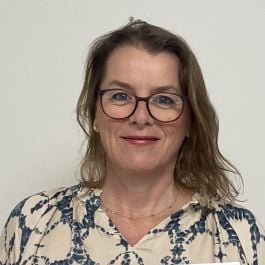It’s ironic that neurodivergent employees are who many managers should — in theory — want to have on their teams, but instead are the most likely to be unemployed.
Deloitte found that 85 percent of people on the autism spectrum are unemployed, yet in corporate programs that attract neurodivergent applicants and enthusiastically welcome them as teammates, productivity has increased. Neurodivergent employees report hyperfocus as a strength, along with creativity, innovative thinking and detail processing.
Redgate, a software company that specializes in database management, sees these remarkable abilities and is making a point to be among the companies that not only welcome neurodiversity, but celebrate it.
For Kendra Dupree, global talent acquisition and employer brand partner, one of the most impactful moments in Redgate’s efforts was its Neurodiversity Celebration Week.
“It left a lasting impact on me personally,” said Dupree. “For the first time in my career, I felt truly seen. It offered me the opportunity to let down my guard, to be myself without constantly feeling the need to adjust, mask or conform to fit in rather than truly belong.”
The week provided an array of sessions, resources and guest speakers. “Even our own employees shared their experiences,” added Dupree.
A portion of the week invited neurodivergent Redgaters to share anonymously about how their neurodiversity impacts them in the workplace and anything they wished their coworkers knew about working with them.
“We received tons of replies, which underlined how much more there is to do in this area, and how important it is to continue with this work,” said Clare Tunstall, coach at Redgate.
“It opened our eyes to how we can best support our teammates and create a space where they are not the ones always adjusting and ‘fitting in,’” added Dupree.
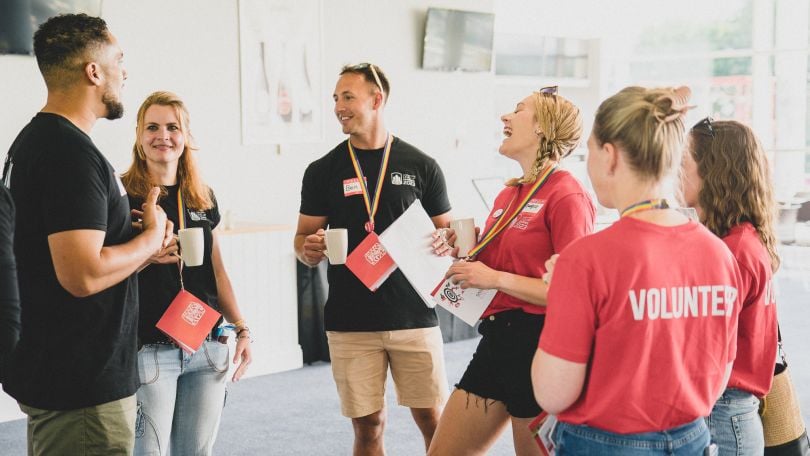
Supporting Neurodivergent Teammates
Part of Tunstall’s role is acting as a true “coach” to promote learning and growth within the engineering teams.
“We do this through a combination of coaching individuals, coaching and mentoring our team leads and working with teams to improve their practices and environments,” she said.
Tunstall went on to explain how supporting individuals through coaching shows them that the company and their teammates genuinely do care and want them to succeed. She added that having an internal coaching team in engineering is still far from standard practice in the industry.
“Many companies claim to be learning organizations, but it is only when you provide one-to-one coaching that some individuals can truly reach their potential,” she said.
WHO IS CONSIDERED NEURODIVERGENT?
Neurodivergent is a term that encompasses a vast array of people with some “variation in their mental functions,” as the World Economic Forum defines it. People who may fall under the definition of neurodiverse include those who have ADHD, autism, dyspraxia, dyslexia and dyscalculia, just to name a few. It is also important to note that some people view their neurodivergence as a disability and others do not.
One of Tunstall’s points of focus is the personal user guides created by individuals on the engineering team. Feedback from neurodivergent individuals revealed that more specific guidance would be helpful.
“So I collaborated with them to create a personalized communication guide, tailoring it to their unique strengths and needs,” she explained.
She gave the example of how someone with ADHD might experience periods of hyperfocus that can lead to super-productive periods; however, those times don’t always occur in consistent intervals. Tunstall is able to work with neurodivergent teammates to recognize their different needs and create support systems.
“Neurodivergent individuals often find it hard to ask for adaptations,” added Tunstall. “They’ve always been the ones adjusting, which can be draining. For some, it’s their first workplace conversation about their challenges, and feeling heard and supported is a huge relief. Finding strengths alongside their challenges brings positivity and enriches the workplace.”
“Finding strengths alongside their challenges brings positivity and enriches the workplace.”
To deepen her understanding, she makes sure to read books about neurodivergence and attend talks on the topic, some of which she was able to share as book summaries and blog posts during Neurodiversity Celebration Week — specifically targeting managers across the company.
“By sharing knowledge I’ve gained I am hopefully educating others to be more aware and supportive of the specific strengths and needs of their colleagues,” she added. “The inclusion initiative and rising public awareness about neurodiversity have been pivotal for my growth as a coach. Recently, individuals have become more candid about their challenges. Together, we find ways to support them.”
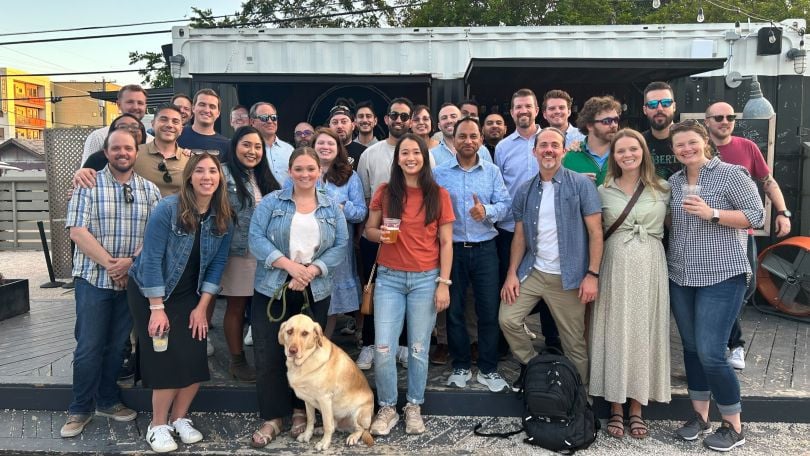
Neurodivergence and Disclosure
“One of the challenges we face is to balance protecting an individual’s right to not have to disclose a diagnosis with recognizing the need for others to know what they are adapting to, and why,” said Tunstall.
Her point is a recurring problem that both employers and employees face — employees are not given signs from their managers or employers that it’s safe to disclose, and, at the same time, managers and employers often don’t know what to offer or how to adjust without neurodivergent employees bringing those issues forward.
To address this, Tunstall said, “We’ve overhauled our recruitment process — checking language for inclusivity and making adjustments for neurodivergence, like providing exercises in advance of the interview. We try to include female panelists when interviewing female engineers. We are also improving onboarding processes to ensure our new diverse talent wants to stay.”
Tunstall added that the UK-based engineering division faces challenges in gender diversity. “In the last quarter, we were pleased to increase to 13 percent female engineers, but we have a long way to go,” she said. “We are running courses on inclusive leadership and we dedicated a track to diversity and inclusion in our internal engineering conference.”
She recently became the lead for inclusion and belonging in her division due to efforts like these.
“We want to continue to increase awareness and capabilities around neurodiversity and gender diversity, create clearer expectations of our leaders and make further improvements to our recruitment and onboarding processes to create a more diverse workplace,” Tunstall said.
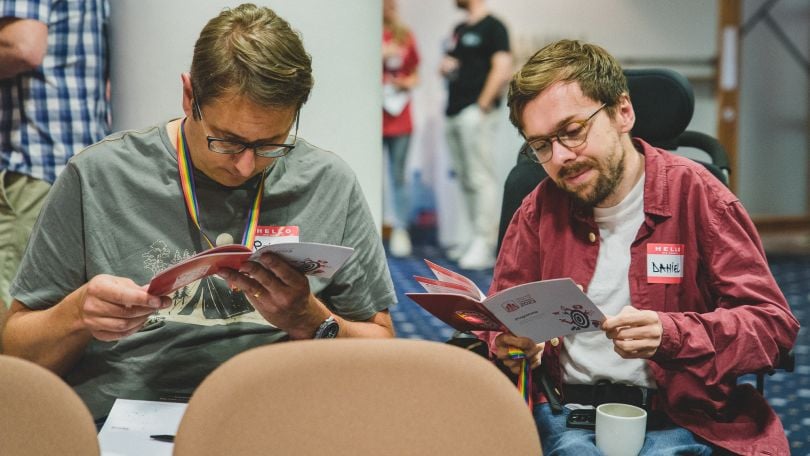
Where Redgate is Growing Next
As a global recruiter, Dupree spends a lot of her time finding ways to nourish Redgate’s employer brand. One of the rewards that she witnesses is Redgate’s poignant efforts to make the company truly inclusive.
“I’ve seen significant intention in creating deep-rooted programs that support diversity, equity, inclusion and belonging,” she said. “The company creates a space for everyone to be heard. In my experience, companies are ‘lip servicing’ without true intention. Maybe they threw up the Pride flag in June, but that is the extent of their involvement.”
Unlike the ‘lip service’ companies, Redgate offers workshops, training and safe spaces for feedback and discussions. Dupree framed it as the company providing the education to support and understand colleagues better.
“Knowledge is power and through the resources of education and safe discussions, I believe we allow people to ‘see’ others in their unique makeup,” she said.
“Knowledge is power and through the resources of education and safe discussions, I believe we allow people to ‘see’ others in their unique makeup.”
Dupree noted that when people feel supported and understood, that is the start of feeling like they belong.
“At Redgate, our goal isn’t for people to simply blend in,” continued Dupree. “We don’t want anyone to feel the need to mask their true selves or constantly adjust to fit a certain mold. Instead, we strive to create a culture where everyone feels a sense of belonging, where they know there’s a place for them at the table, just as they are.”
Throughout Black History Month, Dupree noted, Redgate organized a series of sessions featuring guest speakers who led the teams in meaningful discussions about “social justice, racial equality and the ongoing struggle against discrimination and racism.” The idea was to offer dedicated work time and space to have thoughtful dialogue and broaden employee’s understandings.
“Redgate stands out for its genuine commitment to educating and supporting its people,” said Dupree. "Unlike other companies, Redgate goes above and beyond to provide comprehensive resources and support. It’s not merely an intention, it’s tangible action, demonstrating a true dedication to fostering growth and development among its employees.”
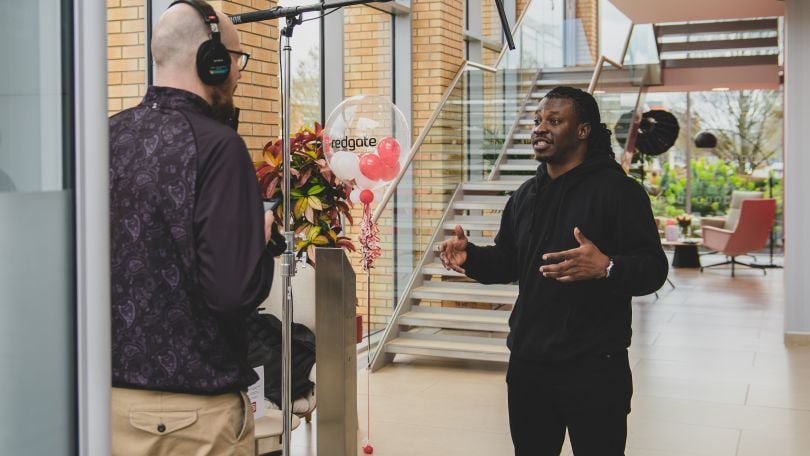
“Redgate’s commitment to providing education that fosters understanding is transformative. It creates those ‘ah-ha’ moments where people truly see each other,” agreed Dupree. “By creating inclusive spaces and meeting individuals where they are, Redgate is not just embracing diversity but actively cultivating an environment where every person can thrive.”
Both Dupree and Tunstall noted that the company has room to grow and is actively taking steps to do so.
“In the wider scope of diversity, equity, inclusion and belonging, our consultant tells us that we are already doing a lot of what we need to be doing — it’s part of our culture and values that go way back to our early days — but we don’t want to be complacent,” concluded Tunstall. “We know there are areas we could do better, and I am looking forward to getting hold of the data soon to help us really dig into the details of that.”




